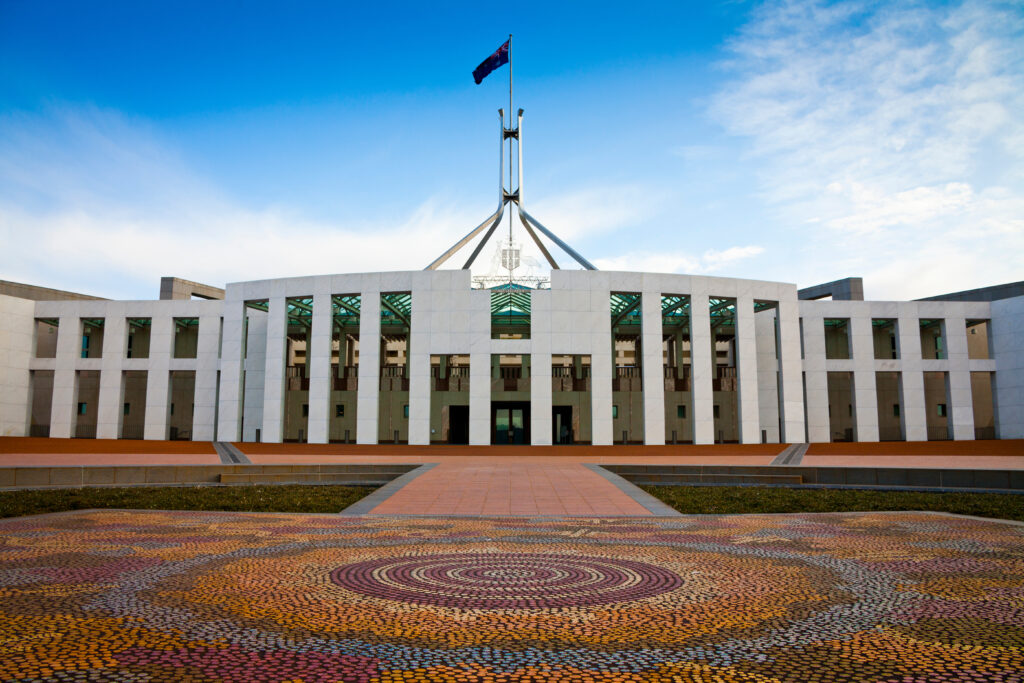You’ve probably been hearing a lot about the budget recently, but what does it mean for you?
Released on Tuesday May 14, the Federal Budget maps out the Australian Government’s plans and priorities for the coming year.
From caps on overseas student enrolments to skilled migration changes, this year’s budget will impact both current and future international students.
Read on to discover what you need to know about the 2024-25 Australian Federal Budget.
1. Cap on international student enrolments
One of the biggest changes to be aware of is the introduction of international student enrolment caps, introduced over the weekend as part of the Draft International Education and Skills Strategic Framework.
Australia’s international student numbers recently reached a record high. This led to concerns that some providers might struggle to keep up with the pace of growth, leading to poorer educational outcomes for overseas students. To resolve this, the government is introducing a cap on international student enrolments from 2025.
Caps will be introduced at a provider level, which means each institution will have its own maximum allowance. This will be calculated on a range of factors, including the amount of student accommodation the institution offers and its history of high-quality education.
The budget reiterated the format of the proposed cap, saying, “The government will require universities to establish new, purpose-built student accommodation should they wish to increase their international student enrolments above their initial allocation.”
2. Skilled migration changes
We will also see some important changes to skilled migration over the coming year. The government has slightly reduced overall skilled migration numbers by just over 5,000, leaving 132,200 total places.
Skilled Independent applicants will be the hardest hit, losing over 13,000 spots for a total allocation of 16,900.
On the other hand, there will be more opportunities for employer-sponsored migrants, with more than 7,000 new places available.
3. MATES Scheme
Graduates from India will be excited to learn about the introduction of a new migration program opening from 1 November 2024.
The Mobility Arrangement for Talented Early-professionals Scheme, known as MATES, will give Indian graduates and early career professionals two years to live and work in Australia.
To apply, applicants must meet the eligibility criteria, which include being aged 30 years or less, demonstrating a high level of English proficiency, and having graduated in the past two years with a relevant degree at a bachelor’s level or higher.
4. Funding for migration reform
In the budget, the government has announced $18.3 million of funding to help the Department of Home Affairs carry out vital changes to Australia’s migration system.
Of this package, $15 million will be allocated to providing information and education to overseas workers, helping them to better understand their workplace rights.
Another $1.9 million will be set aside to help the Department pilot a scheme with the Tax Office to match income and employment data. It’s hoped that this will help prevent exploitation or abuse of migrant workers.
5. Visa changes
The funding allocated to the Department of Home Affairs will also be used to make important visa adjustments.
This includes the introduction of a National Innovation visa, which will replace the current Global Talent visa. This change, set to be introduced late this year, will help increase growth in critical sectors.
Additionally, from 23 November, Temporary Skill Shortage applicants will only be required to demonstrate one year of work experience instead of two.
6. Leaving Violence Program
Funding has also been pledged to help victim-survivors of domestic or intimate partner violence.
Almost $1 billion has been allocated over five years for the Leaving Violence Program. This will provide financial support, referrals, risk assessments and more to those seeking to leave unsafe situations.
This includes $152.3 million over three years to continue the Temporary Visa Holders Experiencing Violence pilot, which provides a payment of up to $5,000 to help victim-survivors flee abuse.
It also allocates $16.5 million to provide legal aid to temporary migrants seeking to escape domestic or family violence.
7. National Student Ombudsman
Another exciting change is the introduction of a National Student Ombudsman, which will be established from the 1st of February 2025.
The Ombudsman will provide a place for domestic and international students to get advice or lodge complaints about their university or education provider.
This is designed to help give students more power and provide greater transparency and oversight into the actions of institutions.





